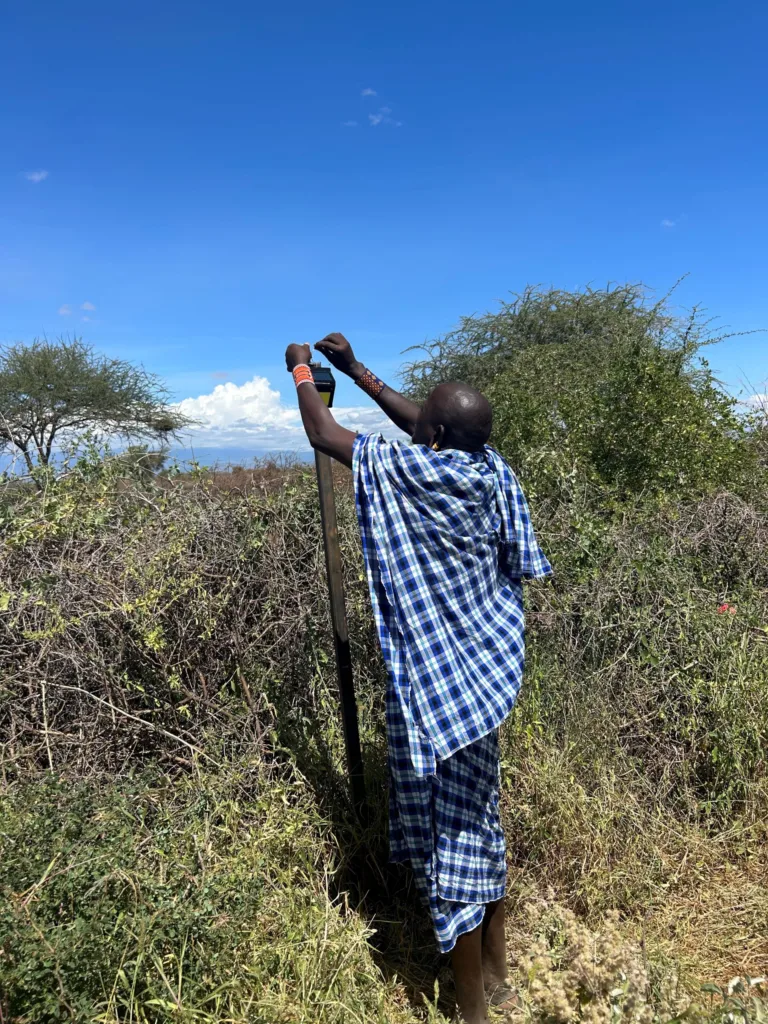Engaging with Qualitative Fieldwork in Peruvian Markets
One of the key objectives of the political ecology course is to prepare students for their final, independent Directed Research projects by teaching them the skills required to create, organize, and execute a fieldwork project using qualitative research methods, applied through Indigenous principles, paradigms, and practices. To fulfil this objective, this semester students had the opportunity to visit four markets with the School for Field Studies: the San Pedro Market in Cusco, both the producer’s market and the city market in Urubamba, and the Pilcopata Market in the Andean lowlands. Working together in small groups, students investigated the markets as a means of measuring agricultural production and biodiversity.
While at the markets, students practiced their ethnographic research methods, including observation, participant-observation, and informal interviewing, in order to collect quantitative and qualitative data that could help them measure differing agricultural patterns and practices, as well as food-plant and/or crop agrobiodiversity within the Andean-Amazonian ecotone. The objective of the fieldwork component of the exercise was to collect enough information to effectively reflect on the differences noted between the three markets, discuss potential implications for local communities, and link these observations and reflections to potential
broad-scale issues impacting Andean-Amazonian populations.
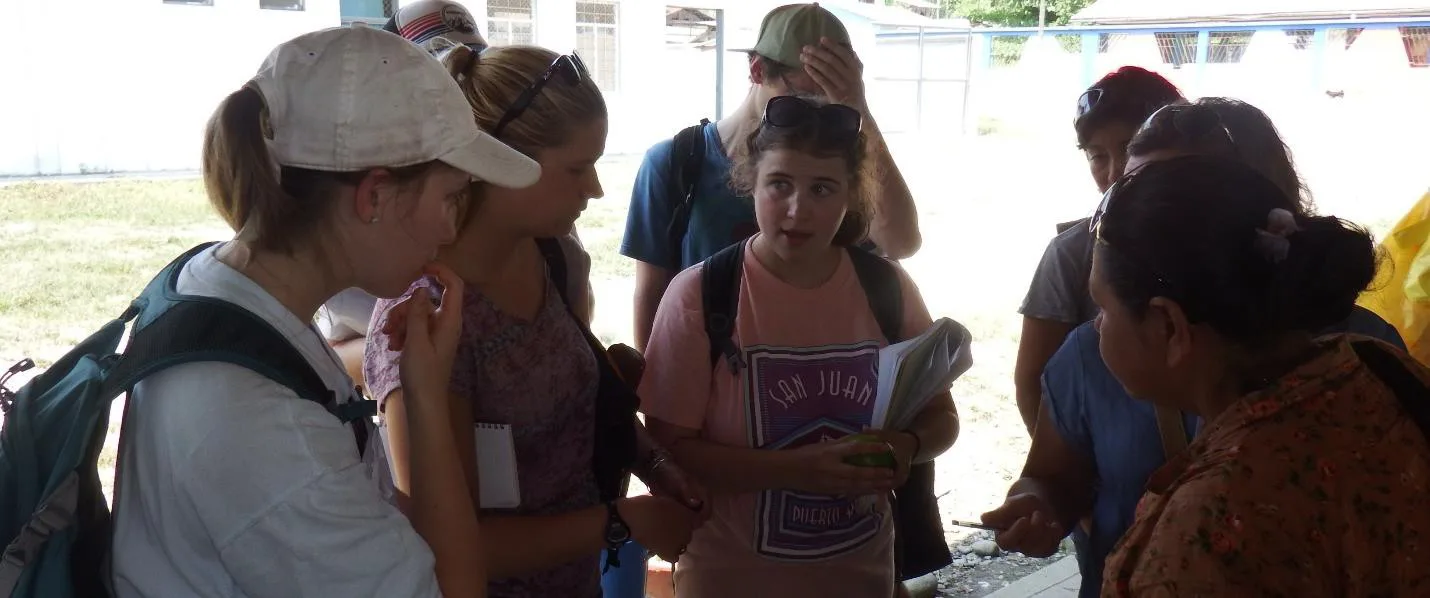
Pilcopata Market: Learning the history of the Kosñipata Region, and the impacts this history has on modern market production. From left to right: students Audrey Nelson, Madison Wilkinson, Lexi Donahue, Noah Linck, Program Assistant Claudia Gómez, Program Coordinator Nicole Wischlinski, and ACCA Kitchen Coordinator Luz Ruiz Fuchs
The various projects that emerged from this fieldwork engaged with important political ecology issues within the Andean-Amazonian ecotone. One project investigated how the diversity, size and function of each particular market is significantly tied to both the agricultural potential of the surrounding region as well as to the relative size of the consumer base in the immediate area.
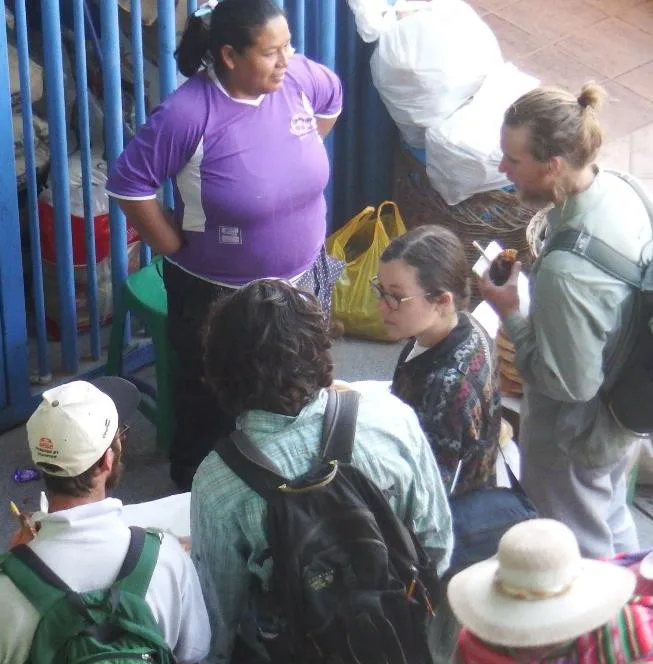
Urubamba City Market: Engaging in fieldwork: “X Markets the Spot: Market Studies in Various Social and Environmental Climates in Peru.” Students Sam Short, Kyle Mabie, and Sam Parks with Student Affairs Manager Casey Kelehan
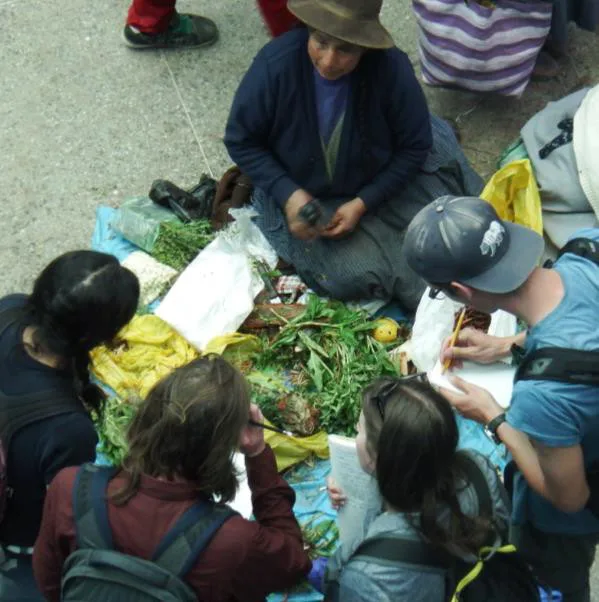
Urubamba City Market: Engaging in fieldwork: “Healing Plants, Healing the Earth: Medicinal Plants as a Case Study for Sustainable Agriculture in Peru.” Program Assistant Claudia Gómez with students Blake Hodges, Lexi Donahue, and Noah Linck
The second project investigated the links between an increasing market demand for medicinal plants, the potential for overharvesting of those plants, and the adaptation of Traditional Ecological Knowledge in an era of global environmental change. These students found that since many popular plants are harvested from the wild, the increase in demand has caused a scarcity of common species, and put some in danger of over-harvesting, thereby threatening the sustainability of medicinal plant harvesting in Peru.
The third project investigated the role of intermediaries in the market production system and the economics of both supply and demand diversity within and between different regions of Peru. These students found that profit-seeking was increasing competition between the different markets, as well as between producers and vendors, including the intermediaries, potentially lessening agrobiodiversity within the region.

“Analyzing Profit Driven Agricultural Trends in the Peruvian Market System:” Interviewing a market vendor in the Urubamba Market. From top to bottom: students Audrey Nelson, Micaela Roy, and Madison Wilkinson
Related Posts
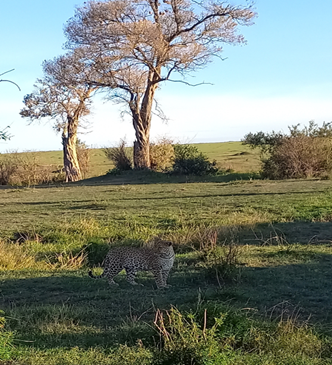
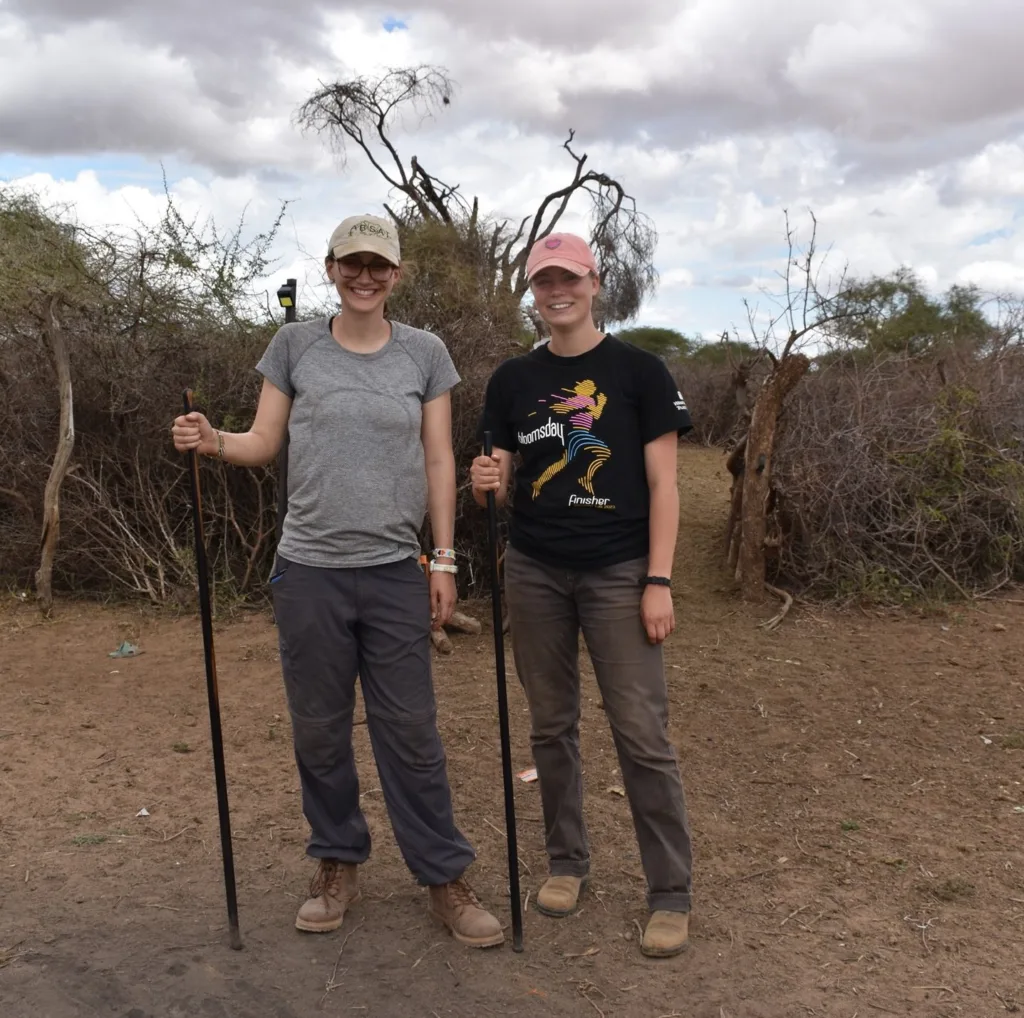
Alumni Reflections: Stories of the Return to Kenya
